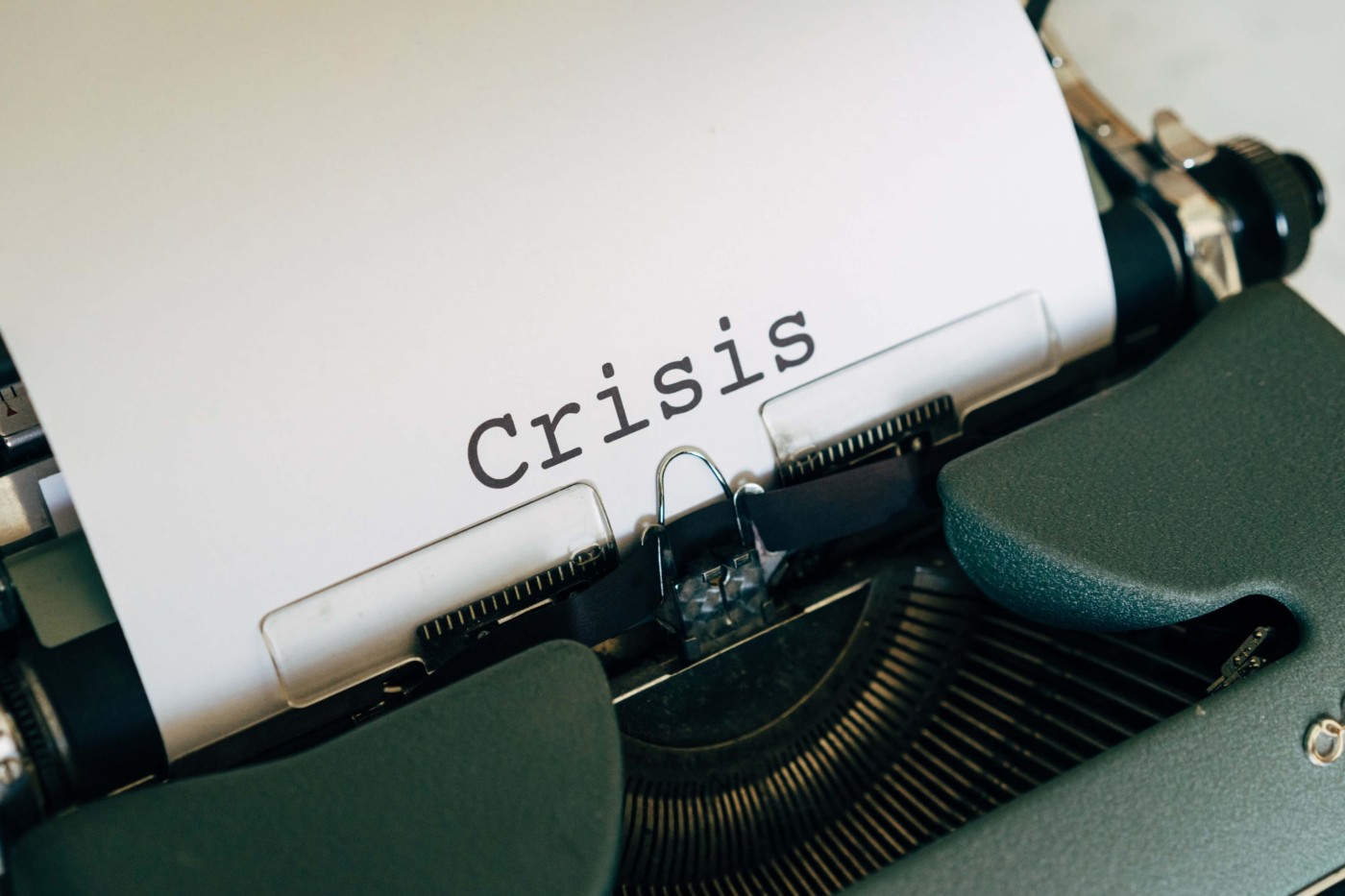The following two tabs change content below.


Noelle Wonders
Marie-Noelle is the creator and curator of Noelle Wonders - a blog created to pose questions, exchange ideas, explore power asymmetries, and humanize topics around growth and development.
Latest posts by Noelle Wonders (see all)
- Deciphering Chaos: Provocative Insights from a day at Victoria Station - December 1, 2023
- Can social impact bonds improve employment? - January 11, 2023
- No, setting more grandiose goals won’t bring us development - December 3, 2022



[…] must make change the status quo around governance and political processes. We need to make the tough choices that put national interest over […]
[…] pandemic is bad. But there are opportunities to use this for good – check out my previous post on this. Instituting and instilling more transparency and accountability is one way to go about it, both at […]